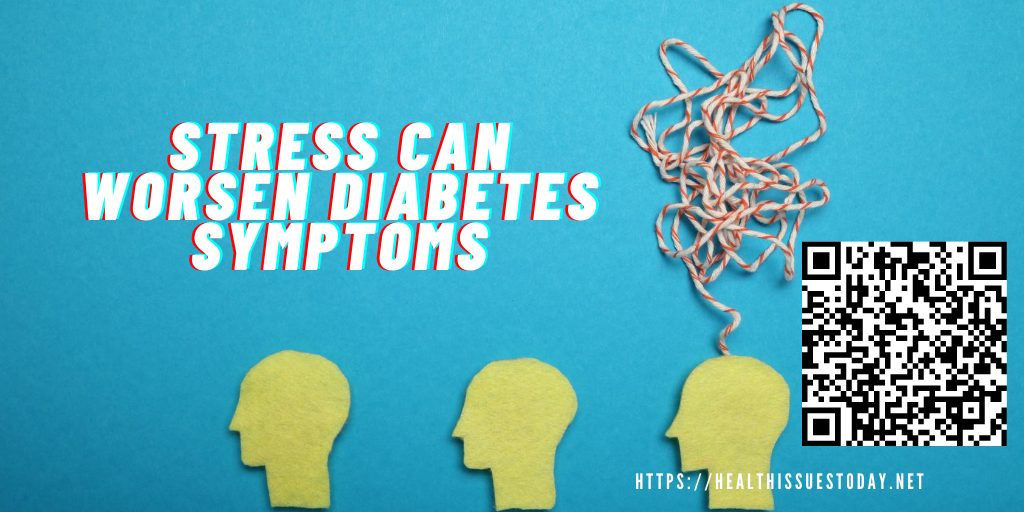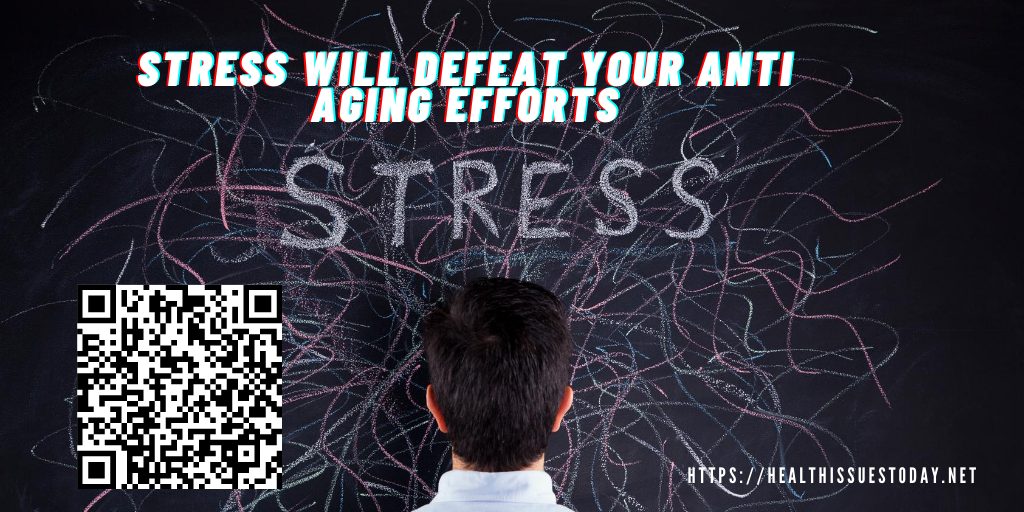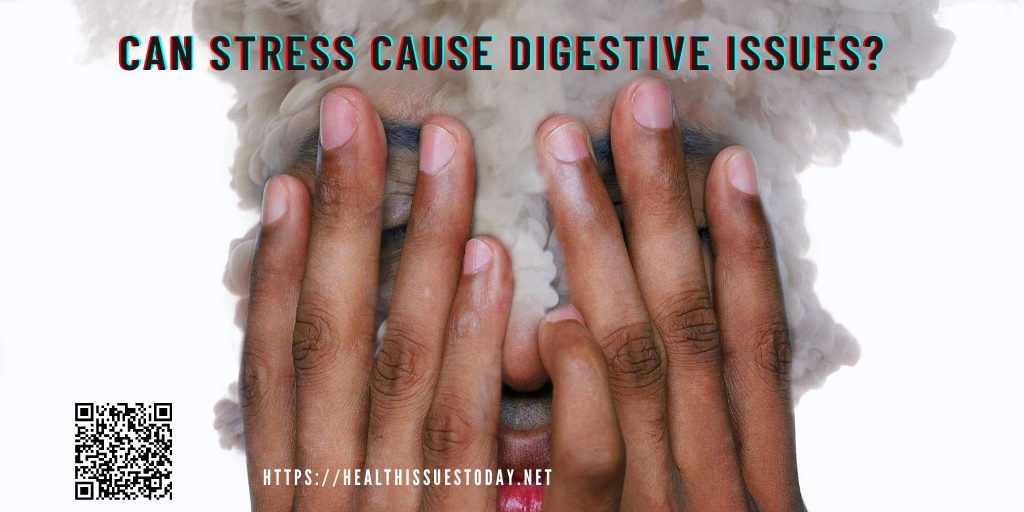Stress Can Cause Obesity to Spiral Out of Control
When you’re under stress, it can cause you to gain weight. This happens when there are issues in your professional or personal life and your emotions come under fire. You get angry or sad or anxious and your body starts pushing to produce more cortisol, which is known as the stress hormone.
It does this in response to your emotions because it’s trying to protect you. But it can do more harm than good. Thanks to having more of this hormone in your body, it pushes your glucose levels up.
This process is done by pulling the stored glucose from your liver. If you’re faced with a life or death situation, then this is a good thing. But when it’s not, this elevated cortisol boosts the amount of glucose your body gets where it then remains in the blood stream.
This raises the levels of your blood sugar and makes you hungry. The more stress that you deal with, the hungrier you become. This is a defense mode for your body even when you’re not in a fight or flight mode.
Your body is trying to prepare you for whatever you’re dealing with. You can start to crave foods every time you get upset and it becomes a cycle. You get stressed, you turn to food for emotional eating, you eat too much, and you gain weight.
When this cortisol level starts to go up, your body doesn’t want fruits and vegetables. It craves the fried and fatty foods. It wants sugar and fast foods. The reason that your body craves food in these categories is because they’re known to soothe emotions.
You’ll feel better – if only for a little while. Most of the time, when you get scared and experience that flight or fight response, your cortisol spike is only temporary. As soon as you’re no longer in fear, the cortisol returns to its pre-fear state.
Stress, on the other hand, keeps that cortisol at a higher level and it remains that way until you eat something – which is why many people learn to associate food as a stress reliever.
When you eat comfort food, your body gives you a boost of the feel good chemical in your brain. So you get a burst of endorphins and all feels right in the world. You don’t feel stressed any longer.
But you can gain weight and cause obesity to spiral out of control in your life if you don’t take the necessary action in order to deal with the stress. If you learn what to do in order to manage your stress, you can break the connection between stress and weight gain.





